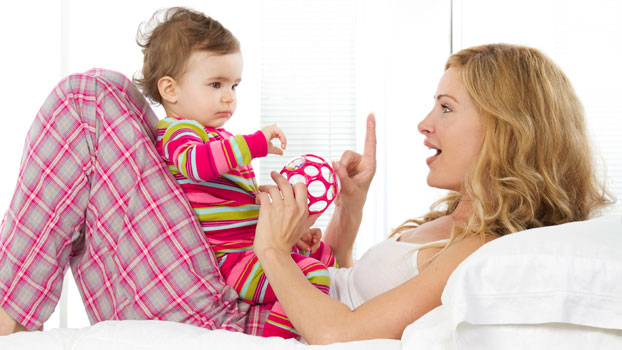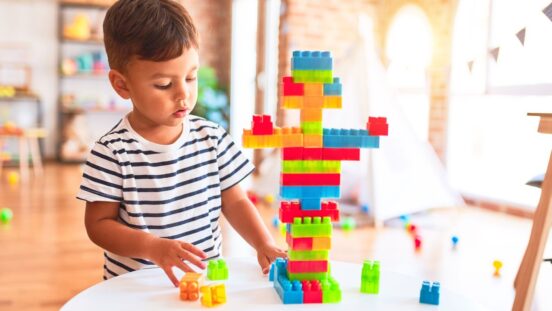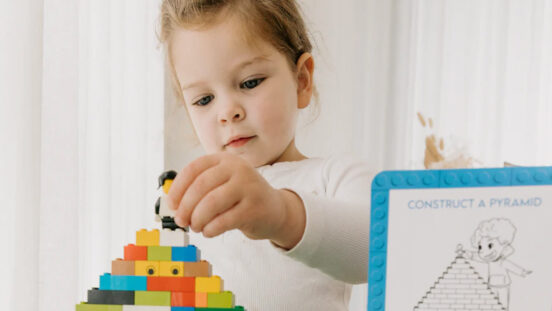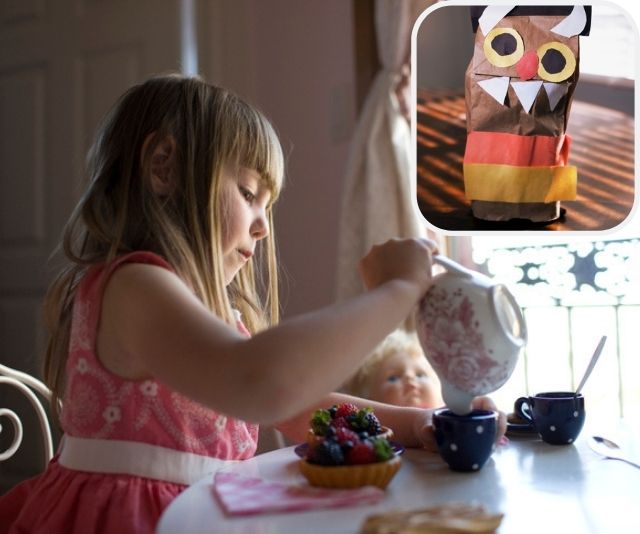Let me entertain you

Age-appropriate play ideas for babies
Amusing your baby may be considered child's play by some, but it also takes creativity, energy and resourcefulness as a mum. Here are some age-appropriate ideas to keep the smile on your little friend's dial.
You don't need to stage a whole musical to capture his attention, but what is going to stimulate him and hold his interest? Do all those hi-tech toys help him learn, or will they just give you a headache and cost a fortune?
Hold his attention
Entertainment is essential for babies as your baby's brain needs stimulation to develop, and he probably gets plenty of that just by being with you. That's why mums use baby talk. The pitch of that singsong voice is appealing to your baby, and we almost can't help doing it. It's natural, not something we've had to learn.
So, the good news is that we instinctively know how to entertain our babies – by playing with them and talking to them – without even thinking about it. But is it possible to overload him? Not really. If you're overdoing it, he'll just look away or cry. And if your baby does that, simply stop.
Big interactive toys with bright colours and noisy, moveable parts will go down well at any age. Pressing buttons to make things pop up or make a sound will help hand-eye coordination and object recognition.
Stacking toys are good, too. They encourage coordination and the development of fine motor skills, as your baby transfers toys from one hand to the other.
Play for: 10 to 12 months
As your baby gets used to moving, he'll love dancing to music while you hold him. Songs with actions will help him understand the meaning of words and give him the chance to develop his physical skills.
You could also encourage him to explore and play with his food. Squeezing a banana through his fingers will teach him about different textures, while warm and cold food will teach him about temperatures, and so will playing with water. Obviously, make sure nothing you give him is too hot.
He'll love it if you…
*Give him bath toys. Sieves, plastic cups and squirty toys will teach him how water works.
*Play 'Find Mummy': take turns putting a silk scarf on your baby's head and then your own, encouraging him to ‘find’ you.
*Play with building blocks. He'll love banging them together, and putting them in and out of things.
Play for: 13 to 18 months
Your baby will probably be walking now, and mentally he's ready for some simple problem solving. He'll have a good understanding of cause and effect if you press this button, something pops up and makes a noise.
Babies tend to seek out the kind of toy that, developmentally, they're ready for. Shape-sorters are very popular at this stage, and if your baby's steady on his feet, he might be ready for a ride-on toy like a little tricycle or push-along car, or something he can pull along, like a toy dog on a string.
He might also start imitating you, and starting to 'help' around the house. His attention span may stretch to about five minutes, so you can enjoy simple stories together.
He'll love it if you…
*Give him a toy phone to encourage his talking, even if you don't understand what he's saying.
*Use stacking cups or blocks to build up and knock down.
*Give him balloons to play catch. A balloon moves slower in the air than a ball, giving him a chance to grab it.
Play for: 19 to 24 months
Your toddler is running and can probably kick and throw a ball. Physical games, like hide-and-seek, are great to help him let off steam and learn to count. He might also sit and look at a book for a few minutes alone, even saying some of the names of the objects in the pictures.
He'll love it if you…
*Give him chunky crayons, or paint with fat brushes. Creating works of art will give you a chance to talk about colours and shapes together.
*Give him toy tools or pretend appliances to let him join in.
*Chase him and race around.
Play for: 25 to 30 months
As your toddler becomes more dexterous, his concentration improves and he starts to understand how things work. He'll probably enjoy simple jigsaws, although he may find them frustrating at first. Cutting out pastry or dough shapes will boost his fine motor skills.
He'll also start playing for longer on his own, and will begin to link two or three words together.
He'll love it if you…
*Give him puzzles and toys that work by pressing or moving smaller, fiddlier buttons.
*Buy him physical toys, like a tricycle or a mini-trampoline, which are great for burning off energy and improving balance and coordination.
Play for: 31 to 36 months
Your child's imagination is expanding enormously. Dressing up, make-believe games and helping around the house all develop his imagination, as well as his language and social skills.
Painting and crayoning help toddlers polish their fine motor skills, and develop their mental ability and creative thinking.
Jigsaws help fine motor skills, hand-eye coordination and mental development. And books are important for improving language skills and learning how to interact with others.
He'll love it if you…
*Let him explore your wardrobe. Hats, coats and big shoes are great for dressing up.
*Give him a tricycle. They're invaluable for outdoor play and exercise.
*Play shop. He'll learn from the pretend play and may start to understand the concept of money, too.
Now, wasn’t that all fun?




